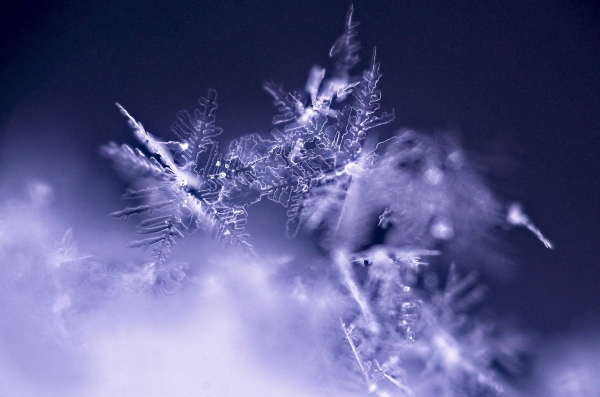A winter wonderland calls to mind piles of fluffy, glistening snow. But to reach the ground, snowflakes are swept into the turbulent atmosphere, swirling through the air instead of plummeting directly to the ground.
The path of precipitation is complex but important to more than just skiers assessing the potential powder on their alpine vacation or school children hoping for a snow day. Determining snowflake fall speed is crucial for predicting weather patterns and measuring climate change.
In Physics of Fluids, from AIP Publishing, researchers from the University of Utah report snowflake accelerations in atmospheric turbulence. They found that regardless of turbulence or snowflake type, acceleration follows a universal statistical pattern that can be described as an exponential distribution.
Read more at American Institute of Physics
Photo Credit: lorilorilo via Pixabay


